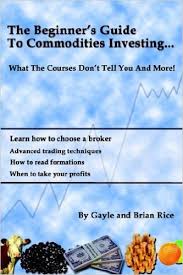-
×
 AzonSnipe - 4 Page Sites Make 4 Figures Each
1 × $62.00
AzonSnipe - 4 Page Sites Make 4 Figures Each
1 × $62.00 -
×
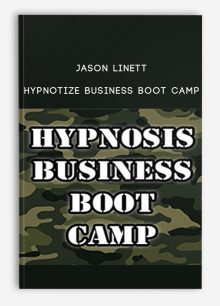 Jason Linett – Hypnotize Business Boot Camp
1 × $67.00
Jason Linett – Hypnotize Business Boot Camp
1 × $67.00 -
×
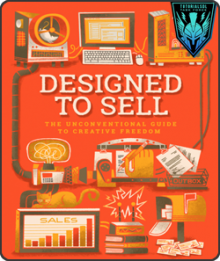 Designed to Sell Master Version from Jen Adrion & Omar Noory
1 × $57.00
Designed to Sell Master Version from Jen Adrion & Omar Noory
1 × $57.00 -
×
 The Helper Healers - How to sell without selling
1 × $47.00
The Helper Healers - How to sell without selling
1 × $47.00 -
×
 Detailed SEO Blueprint by Glenn Allsopp Glen Allsopp
1 × $49.00
Detailed SEO Blueprint by Glenn Allsopp Glen Allsopp
1 × $49.00 -
×
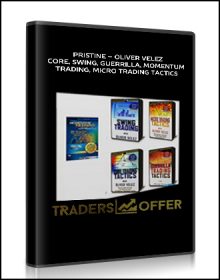 Pristine – Oliver Velez – Core, Swing, Guerrilla, Momentum Trading, Micro Trading Tactics
1 × $59.00
Pristine – Oliver Velez – Core, Swing, Guerrilla, Momentum Trading, Micro Trading Tactics
1 × $59.00 -
×
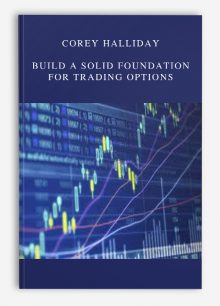 Corey Halliday – Build A Solid Foundation For Trading Options
1 × $25.00
Corey Halliday – Build A Solid Foundation For Trading Options
1 × $25.00 -
×
 Kobudo - Bo-Dzyutsu I Dze-Dzyutsu
1 × $32.00
Kobudo - Bo-Dzyutsu I Dze-Dzyutsu
1 × $32.00 -
×
 Michael Parsons – Channel Surfing Video Course (Manual,Video)
1 × $47.00
Michael Parsons – Channel Surfing Video Course (Manual,Video)
1 × $47.00 -
×
 Local Consults from Jason Fladlien & Caro McCourtie
1 × $57.00
Local Consults from Jason Fladlien & Caro McCourtie
1 × $57.00 -
×
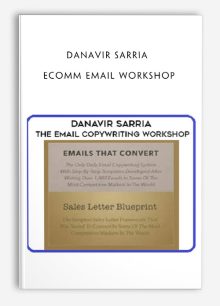 Danavir Sarria - Ecomm Email Workshop
1 × $39.00
Danavir Sarria - Ecomm Email Workshop
1 × $39.00 -
×
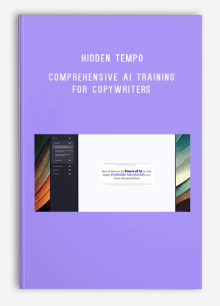 Hidden Tempo – Comprehensive AI Training for Copywriters | Digital Download
1 × $45.00
Hidden Tempo – Comprehensive AI Training for Copywriters | Digital Download
1 × $45.00 -
×
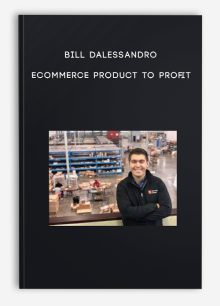 Bill DAlessandro – Ecommerce Product to Profit
1 × $39.00
Bill DAlessandro – Ecommerce Product to Profit
1 × $39.00 -
×
 Profit.ly – Trader and Investor Summit
1 × $32.00
Profit.ly – Trader and Investor Summit
1 × $32.00 -
×
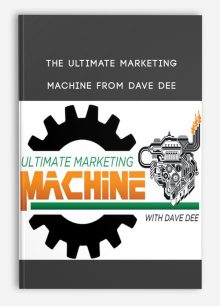 The Ultimate Marketing Machine from Dave Dee
1 × $127.00
The Ultimate Marketing Machine from Dave Dee
1 × $127.00 -
×
 Stronger by Science - Full Lifting Lyceum
1 × $32.00
Stronger by Science - Full Lifting Lyceum
1 × $32.00 -
×
 The Book of Ancient Secrets by Joseph Riggio
1 × $67.00
The Book of Ancient Secrets by Joseph Riggio
1 × $67.00 -
×
 Digital Marketer - The Psychology Of The $10 Million 1 Call Close Sales Method | Digital Download
1 × $25.00
Digital Marketer - The Psychology Of The $10 Million 1 Call Close Sales Method | Digital Download
1 × $25.00 -
×
 Mike Balmaceda & Ty Cohen – Six Figure Success Academy
1 × $127.00
Mike Balmaceda & Ty Cohen – Six Figure Success Academy
1 × $127.00 -
×
 Semantic Mastery - Battle Plan SEO Domination
1 × $37.00
Semantic Mastery - Battle Plan SEO Domination
1 × $37.00 -
×
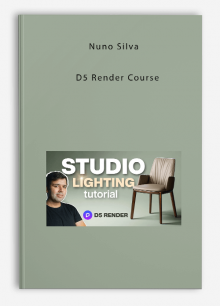 Nuno Silva – D5 Render Course
1 × $39.00
Nuno Silva – D5 Render Course
1 × $39.00 -
×
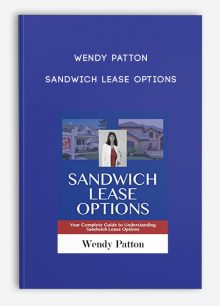 Wendy Patton – Sandwich Lease Options
1 × $15.00
Wendy Patton – Sandwich Lease Options
1 × $15.00 -
×
 Jeff Paul & Peter Sun - Small Business Advertising Kit
1 × $47.00
Jeff Paul & Peter Sun - Small Business Advertising Kit
1 × $47.00 -
×
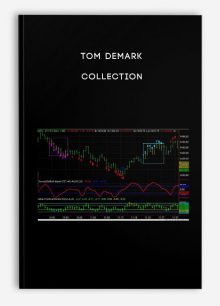 Tom Demark Collection
1 × $79.00
Tom Demark Collection
1 × $79.00
Subtotal: $1,252.00

